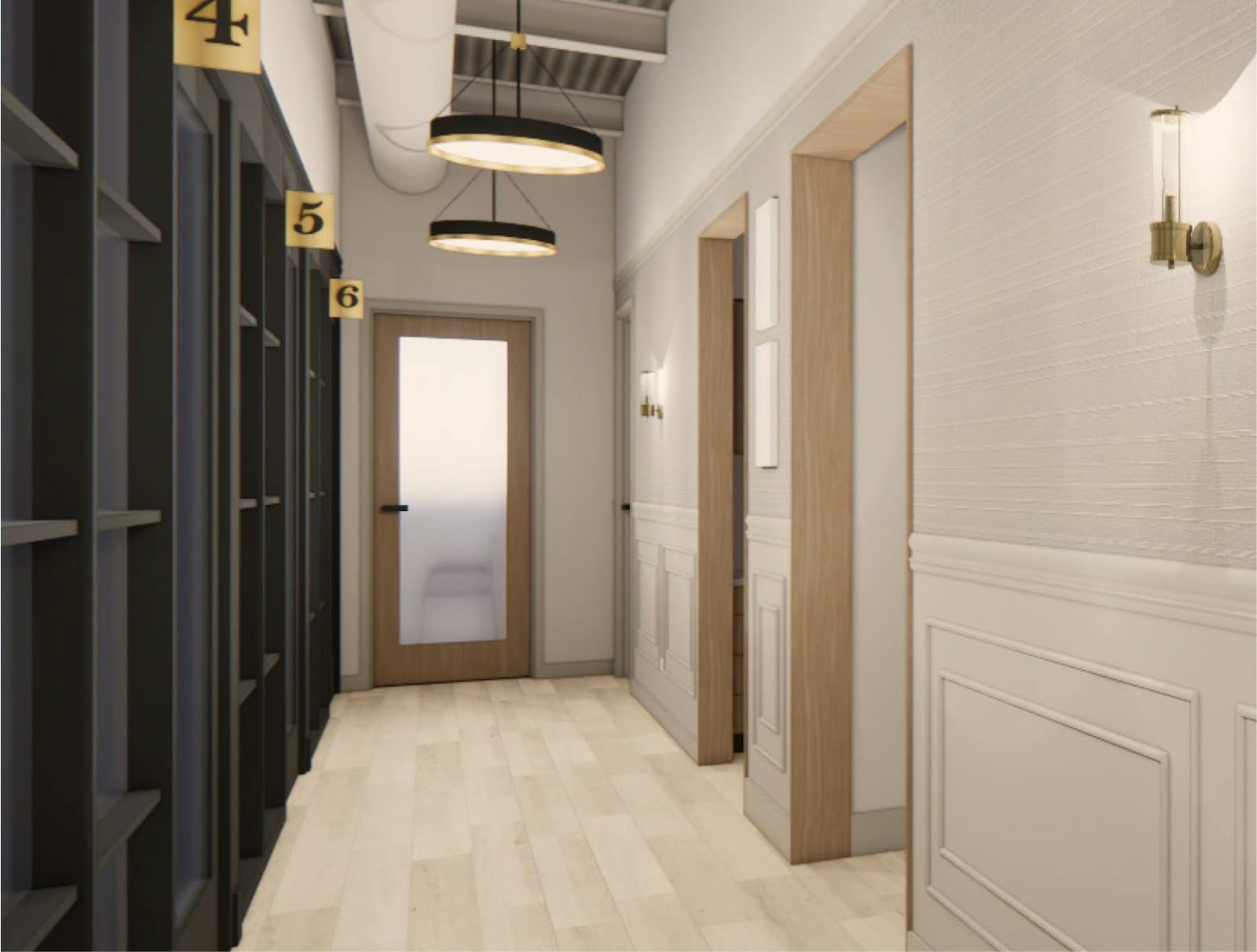When a nerve is damaged, it can severely impact quality of life. Whether due to an injury or medical condition, nerve damage can lead to chronic pain, weakness, and even paralysis. Fortunately, our surgery for nerve repair in Denver can be an effective way to treat nerve damage and restore function to the affected area.
How Does Nerve Repair Work?
During a nerve repair surgery, the surgeon will carefully examine the damaged nerve and determine the best course of action. If the nerve is intact but has been torn or severed, the surgeon will typically re-join or "suture" the ends of the nerve back together. If the nerve has been destroyed or there is a large gap between the two ends, a nerve graft may be necessary. In this case, the surgeon will take a small piece of nerve from another part of the body and use it to bridge the gap.











